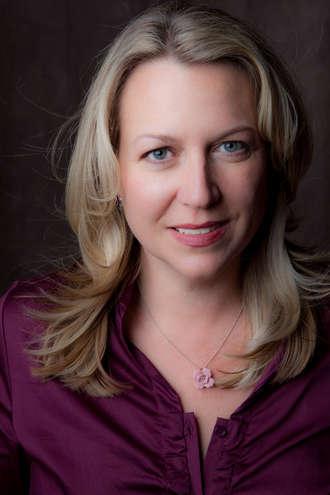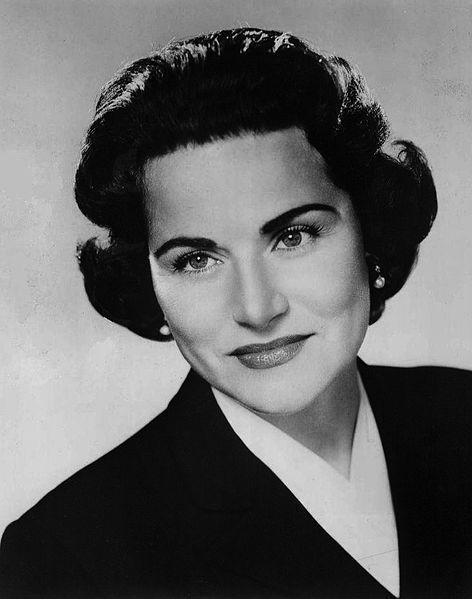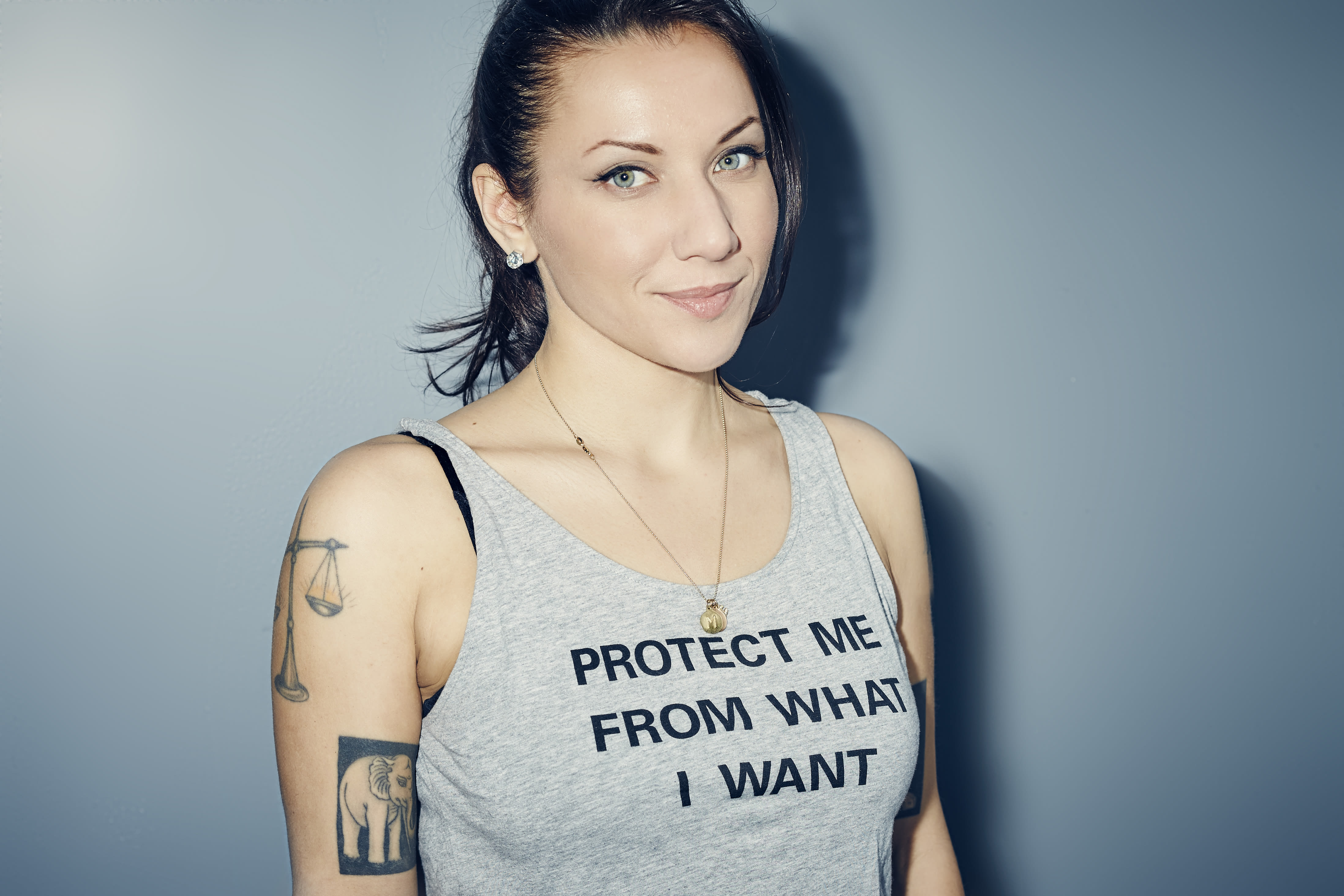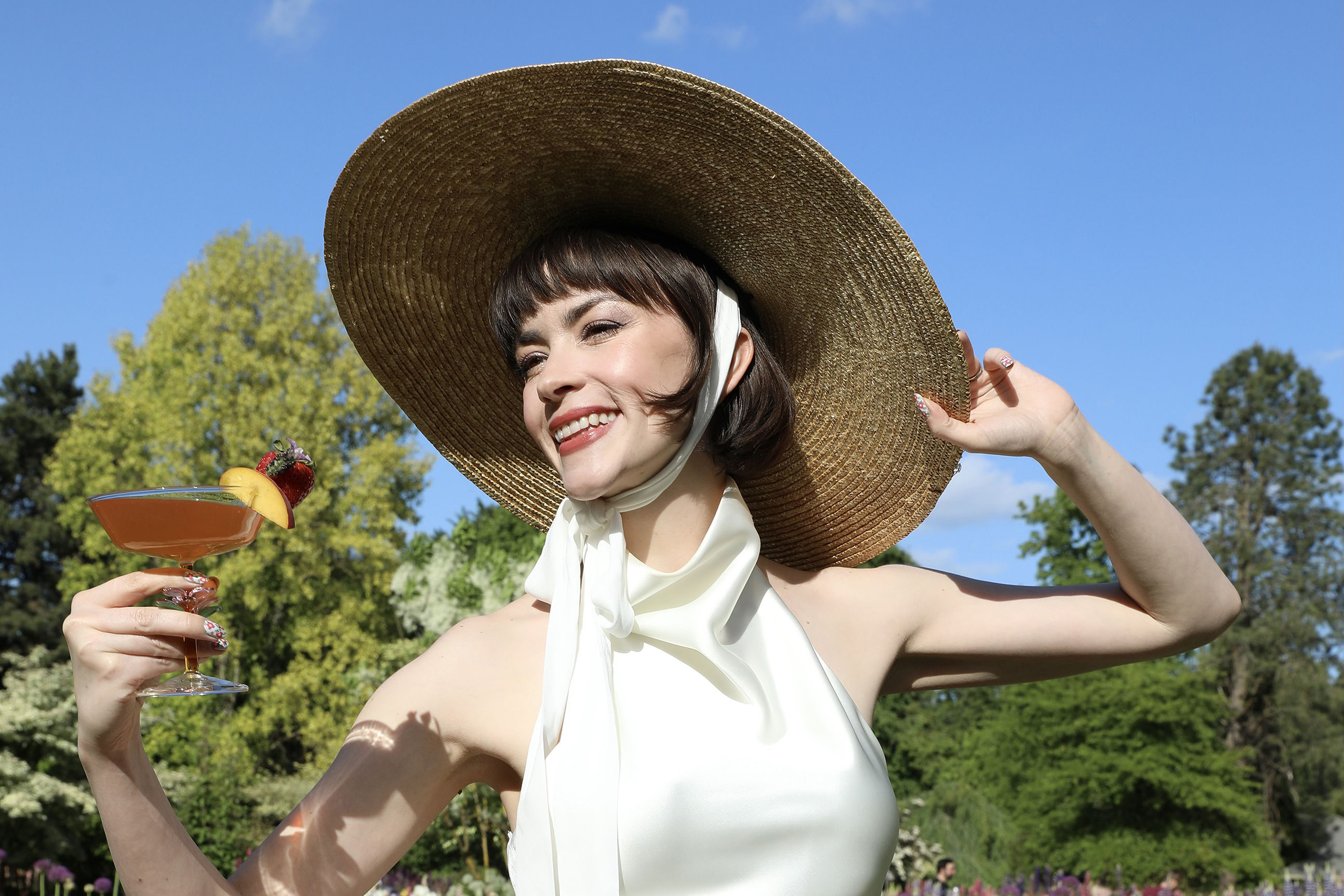Q&A: Cheryl Strayed on Dear Abby
Earlier this month, Pauline Phillips, the journalist and two-cents-dispenser behind the Dear Abby advice column, passed away. Over the more than four decades she wrote Dear Abby, Phillips almost singlehandedly shaped the modern advice-column form (“almost” singlehandedly because—true story—Phillips’s identical twin sister, Eppie Lederer, was also an influential advice columnist: Ann Landers). Phillips, with her sister, brought the column into a new, murkier era by using the advice column for the first time to answer personal questions (rather than impersonal ones about, for example, housekeeping). By 2002, when Phillips, afflicted with Alzheimer’s, turned the column entirely over to her daughter, Abby’s stern yet compassionate—and often witty—counsel had made her an icon.
Enter Cheryl Strayed, the Portland writer whose 2012 memoir Wild ascended the bestseller list after Oprah made it the first selection for her rebooted Oprah Book Club 2.0. Since long before Wild, Strayed has been penning an advice column for the popular website The Rumpus under the pseudonym “Sugar,” gradually building a cult following for the “Dear Sugar” column before “coming out” as the column’s author and releasing a best-of collection, Tiny Beautiful Things, last year. In most ways, Abby and Sugar could not be more different. But as Strayed herself says, no advice columnist can claim to work outside the foundation Phillips laid: “She was the advice giver against whom every advice-giver is compared.”
We recently talked with Strayed about Phillips’s legacy, how Abby influenced Sugar, and what she’s working on post-Wild.

Cheryl Strayed
Image: Joni Kabana
When you heard about Phillips’s death, what did that mean to you?
When I came to writing advice, I wasn’t a connoisseur of the form. But the exception over the years has been Dear Abby and Ann Landers, not so much because I was so terribly interested in the form, but that, there it is in the paper, and it’s hard to turn the page without reading it. I think that’s why Dear Abby was so successful: we get these newspapers that are purportedly the most interesting and important and vital news of the day, but what so many of us are really interested in is these more intimate questions of, how do we live, how do we get along with our neighbors, how do we raise our children well, or keep our marriages thriving, or any of those things.
So I would say that when I began my Dear Sugar column, Dear Abby was the column that I was most familiar with. And I think that she influenced me…not directly, not as someone who read that column and then, when I sat down to write Dear Sugar, felt like I was in some ways following her lead, but rather, her influence was so wide, and so pervasive, and so much a part of the culture that it was like I couldn’t help but be influenced by her, by the sheer fact that she and her sister through to use the public forum, the public conversation space, as a place to talk about these intimate secrets and sorrows and struggles.
What’s one thing you like about the Dear Abby column and one thing you don’t?
I always had the sense that she was really offering her opinion. And I think that that’s the most important thing about an advice giver. It’s also the thing that enrages people. I’ve always found it funny as Sugar: the whole point of the column is to ask me—me, just me—my opinion of something, and then if people don’t agree with your opinion, they get enraged with you. No advice giver has ever said that their opinion is the only right one, and yet it’s sort of read as that, you’re sort of taken as, Abby is God. And so what I loved about her is, I always believed that she was telling you what she thought, and she did it with a great amount of wit, and grace, and humor.
Now, the things I didn’t like about her, I think that sometimes she’s more conservative than me. I don’t know if she was as supportive of things like gay and lesbian rights, gay and lesbian marriage, that kind of stuff, as early as I would have liked her to be. I mean, I don’t mean to condemn her, because of course she was of an older generation that, a lot of people in that generation couldn’t quite make some of those leaps. But she did have a higher obligation to kind of grapple with those things. She wasn’t just somebody’s grandmother; she was Dear Abby.

Pauline Phillips, a.k.a. Abby
Phillips and her sister have said their parents’ willingness and ability to listen to other people’s problems influenced them. Does your upbringing inform your work as Sugar?
I don’t know if it’s my upbringing so much as my personality. I have always, always been—from the very beginning, the youngest age—the most curious about our intimate lives—I mean, what is really going on on the inside, and what motivates us, and what gives us joy, and sorrow, and all those things. When I was a really little kid, like, seven or eight, I would ask my mom’s friends, her grown-up friends, all these really intimate questions. Like, if a couple were over or something, I would say to one of them, “So, why do you really love her?” That’s a question that most people would find very hard to answer: what made you fall in love, really? Not the things you tell at parties, but what actually is it? I’ve always wanted to know what the truth was beneath the façade. And I think that that rabid curiosity that I have about human relationships has driven me as a writer, those are the things that I write about all the time, so when I started being Dear Sugar, it was like, this was just essentially an extension of what I’d already been doing in my other kinds of writing, and that is delving into, “What does it mean to be human?”
I do think that Abby worked in the realm of, “What does it mean to be human?”, but she had to very strictly dispense advice. She was saying, “OK, your husband’s cheating on you, I think you should go to counseling and try to work it out,” and that would be her advice. With Dear Sugar, ultimately, the advice might be that thing, but on the way to that I would try to illuminate the nature of sex, and betrayal, and infidelity, and all those things. I wasn’t writing for a family newspaper; my answers didn’t have to be 80 words long—they could be 7,000 words long, if I wanted to. I got to kind of push the advice genre into a literary form, whereas she had to keep it confined to the newspaper.
The problems people bring to Sugar are often more psychological than those Dear Abby gets, having to do with depression, anxiety, self-esteem, etc. Do you ever feel underqualified?
I have sometimes felt jealous of Dear Abby because, c’mon, people! Can’t we just have a garden-variety, you know, my-neighbor-is-annoying-me-by-playing-loud-music-at-night question?!
But you probably wouldn’t select those to respond to.
Or, if I picked them, you know it would be some big, long-ass essay I would write about the nature of whatever. People expect so much more from Sugar. They want the full-blown orchestra—and they give me the full-blown orchestra.
Abby’s voice was sympathetic, but steely. Sugar is much softer, calling her advice-seekers things like “sweet pea” and telling them how great they are. Why do you use that voice, rather than one more like Abby’s?
Well, for one thing, I just wanted to have more fun with it. It’s fun to call people sweet pea. Another thing is, it is kind of my personality. I use terms of endearment a lot of times with people—sometimes even with people I don’t know. But more importantly, I really go all the way with people when it comes to delving into what I think they’re really asking me—which is sometimes a question far beyond what they actually ask me. I really push into the darkest, deepest, realest places, and I often feel like I need to sort of soften that with those terms of endearment, so that it’s understood, even when I’m saying some kind of hard things, that I’m on your side, and I believe in you, and I’m saying this with love.
Do you worry that, by using that voice and telling stories from your personal life, you lose some authority?
I don’t. Most of the stories I tell about myself in some way echo the situation that’s been presented to me, and often, it will be something that I had to learn the hard way—somebody writes to me about marriage, and I write about my husband cheating on me. There’s a sense of really revealing.
No Dear Sugar columns have been posted since last May. What’s Sugar’s status?
Basically, what’s happened is, my entire life has just exploded. I’m just unbelievably busy and running ragged and traveling all over the world, and I’m writing all kinds of things, but it’s like, this, that, and the other thing. So it’s been basically impossible to sit down and go, “Yeah, I’m going to write another Sugar column.” Until I have peace in my life, I can’t really come back to it. I will come back to it some day, and I don’t know when; I would guess later this year—and maybe sooner this year—but I don’t know.
Are you working on anything long-form?
I have started another book, which is a novel, but I’ve just barely been writing it, because Wild is coming out all over the world, so I’m doing all kinds of press and promotion and stuff in foreign countries, and then the paperback of Wild is coming out. So I have started a novel, and I’m hoping that in a few months, I can kind of hunker down and really sink into it.




